Sliding Scale Pricing
What is sliding scale pricing?
Sliding scale allows families to decide the amount which they’ll pay for classes, workshops, or 1:1 support sessions, based on income, household size, and other factors.
Why do you offer sliding scale pricing?
I offer this type of pricing as a way to make these services accessible to a greater proportion of the community. I want to ensure that families are able to receive support even if they have limited income. Parent coaching is unfortunately not covered by insurance and this can present serious challenges for families seeking support.
Families that are able to pay more are supporting the ability to attend for families with more limited income.
How do I decide where I fit on the sliding scale?
There are many factors to consider when placing yourself on the scale but I ask that families choose an amount that is meaningful, affordable, and sustainable. Please remember that your contribution is directly supporting a small, woman-owned business and the ability to continue to offer these services to families in the community.
I trust families to choose a significant contribution and therefore do not ask for proof of income. Your location on the scale will be kept confidential.
If you cannot afford the lowest sliding scale rate, please reach out to me.
STEP 1: See Where Your Family Falls on the Sliding Scale
If your family has a total household income that is at or below 200% of the Federal Poverty Guidelines (columns A-D) consider paying less than the full rate of $400 per session.
If you’re able to, please consider sliding up the scale.
STEP 2: Consider Factors Beyond Income
Other factors besides income affect your financial status. Some groups of people have specific costs and barriers that the larger population is not affected by. Other groups have access to resources that are not always reflected in their lifestyle choices, income levels, and familial support. Please consider other factors when choosing the amount you pay.
Consider contributing more when you…
Own your home
Have retirement accounts, investments, or inherited money
Were raised upper-middle or owning class
Have the ability to prioritize expenses including discretionary expenses like travel, dining out, entertainment, or other parent-child classes (e.g. music, dance, etc.)
Have access to credit or low barriers to purchasing big items
Have a multi-income earning family, with access to family money and resources in times of need or other support
Have a relatively high degree of earning power* due to your education level (or other privileges you may have associated with race, gender, citizenship status, class background, sexual orientation, gender identity, physical ability, etc).
*Even if you are not currently exercising your earning power, we ask you to recognize when this is a choice and consider contributing more.
Consider paying less when you…
Are supporting more children, other dependents, or sending remittances
Have significant debt to income ratio
Have medical expenses not covered by insurance or significant medical debt
Are on a fixed income, such as senior citizens
Have chronic health needs or disabilities that have financial implications
Have limited access to resources, credit, savings, etc
Are impacted by systemic and historic oppression
Are impacted by state violence (e.g. refugees, asylees and injustice in our criminal system)
Have to choose between basic needs and the ability to pay at a higher level
Modified and used with permission from Zenger Farms website.

